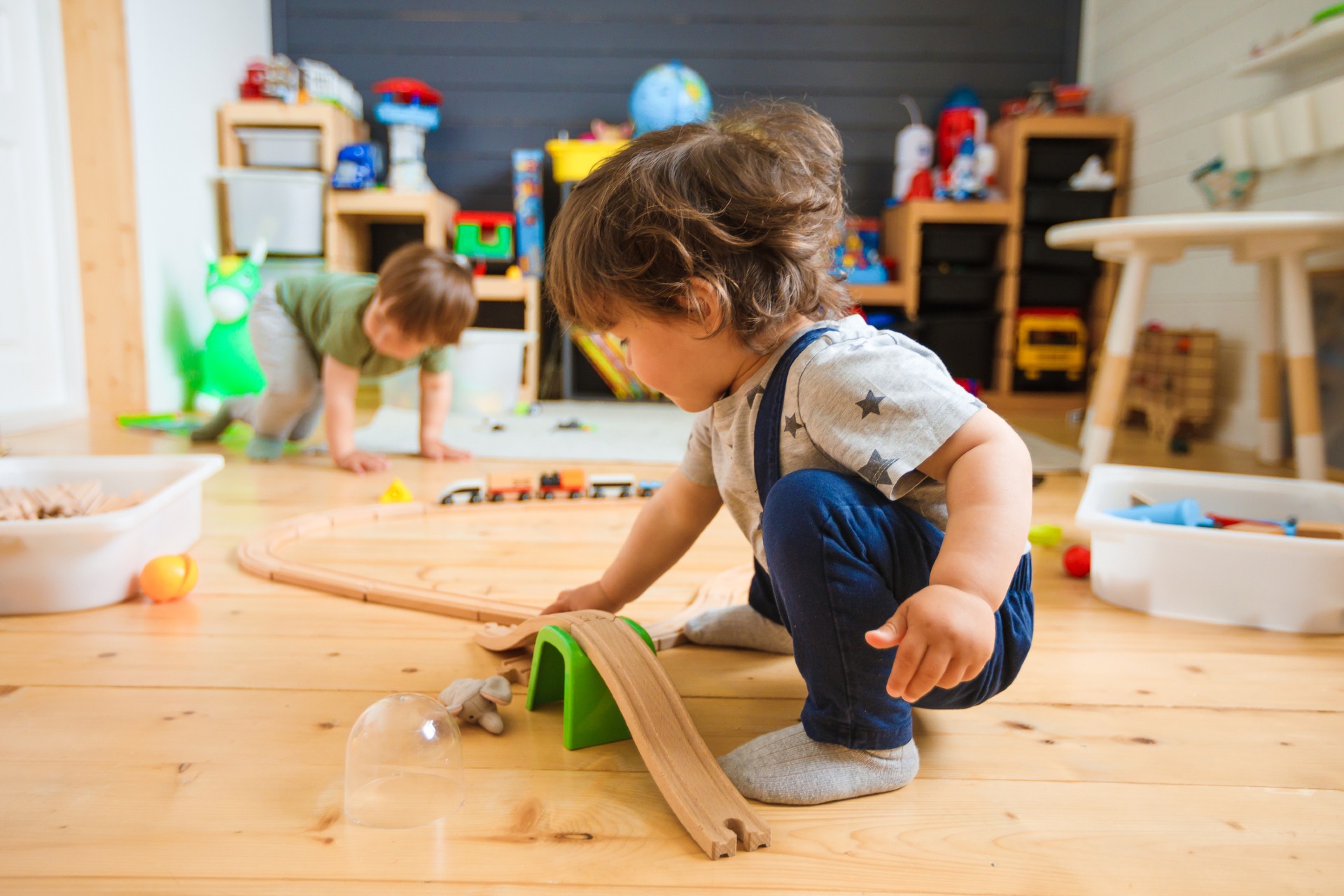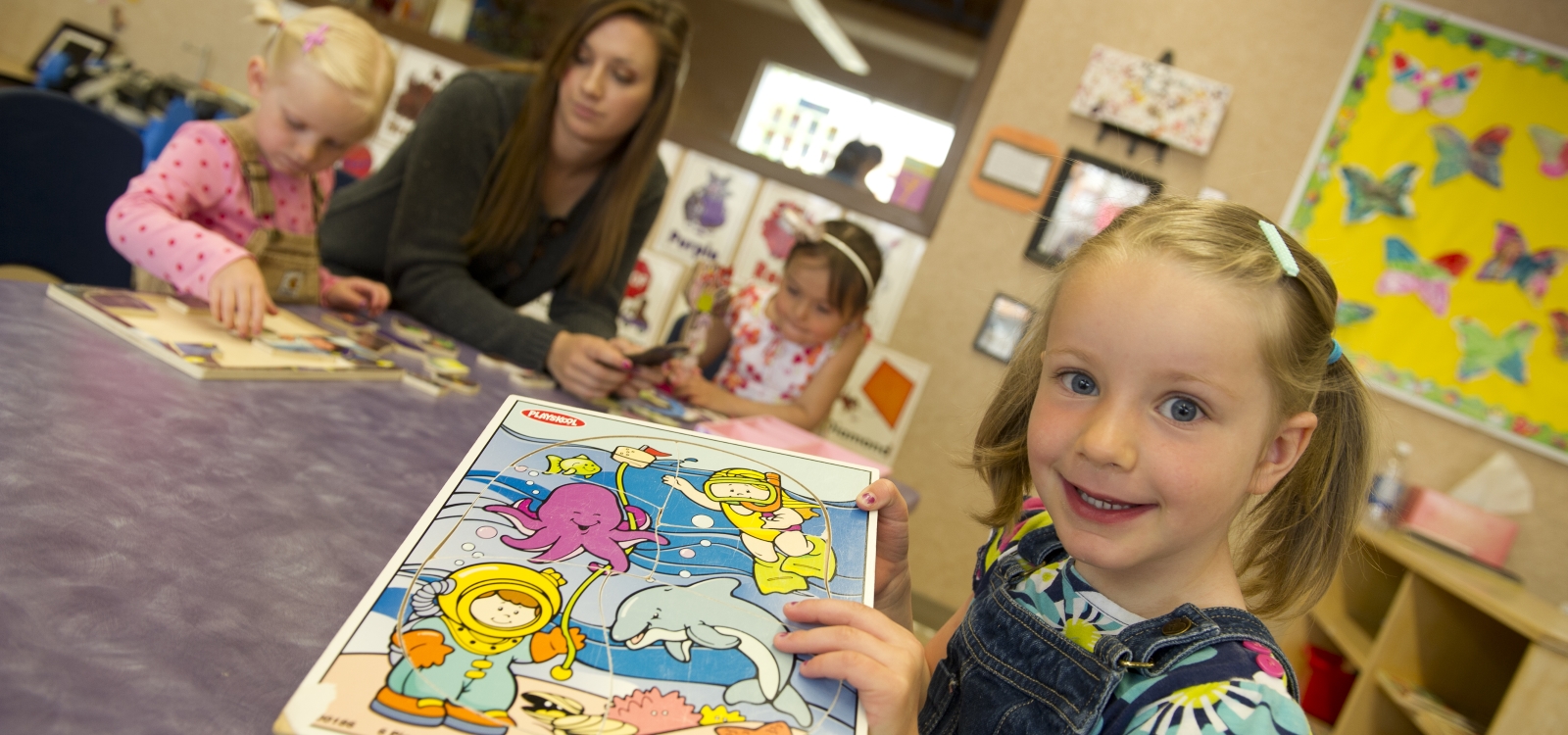Comprehensive Overview to Daycare for Infants Near Me: What to Seek
Wiki Article
Recognizing the Importance of Daycare for Your Young child's Social Growth and Discovering Experiences Via Involving Tasks
The value of day care in shaping a kid's social growth and learning can not be overstated, as it supplies a structured setting filled up with engaging tasks that are pivotal for early growth. As we explore the multifaceted benefits of day care, one have to take into consideration how these fundamental experiences affect a child's future social interactions and general growth.
Benefits of Social Interaction
Social interaction plays an important function in the developmental trajectory of kids, acting as a structure for vital social skills. Engaging with peers permits toddlers to practice communication, learn to reveal their feelings, and create empathy. Through shared play and participation, they begin to comprehend social norms, such as taking turns and sharing, which are essential components of successful social partnerships.Furthermore, social interactions add to cognitive growth. As toddlers communicate with their peers, they boost their language abilities, increase their vocabulary, and improve their capacity to verbalize thoughts and feelings. This exchange of concepts fosters vital thinking, as kids find out to negotiate, resolve problems, and browse disputes.
In addition, social interaction promotes psychological guideline. Exposure to numerous social situations helps toddlers acknowledge and handle their emotions, inevitably bring about greater resilience and versatility. The capacity to develop relationships and add-ons also enhances their sense of belonging and self-confidence, which are essential for overall well-being.
Importance of Engaging Tasks
Involving tasks are essential for fostering a revitalizing atmosphere that boosts young children' social advancement. These tasks not only mesmerize kids's interest but also advertise energetic involvement, enabling them to discover their environments creatively. Through play-based knowing, young children establish necessary abilities such as analytic, cooperation, and empathy, all of which are essential for developing healthy partnerships with peers.Getting involved in interesting tasks, such as group video games, art projects, and interactive narration, urges young children to reveal their ideas and sensations. This expression is essential for emotional knowledge and assists them comprehend the viewpoints of others. When toddlers involve in these tasks with each other, they discover to bargain duties, share sources, and work together, which are basic facets of social communication.
Additionally, a well-structured environment that includes stimulating and varied activities helps in maintaining toddlers inspired and focused. This inspiration promotes a love for discovering and expedition, laying the foundation for future educational experiences. Eventually, engaging activities in childcare setups are pivotal fit social abilities, preparing kids for successful communications past the class, and supporting their total advancement during these formative years.
Developing Interaction Abilities
Reliable communication abilities are crucial for young children as they navigate their early social interactions. In a daycare setting, youngsters are revealed to diverse social circumstances that urge non-verbal and spoken communication. Engaging in conversations with caregivers and peers promotes language growth, making it possible for kids to reveal their feelings, thoughts, and requirements better.
In addition, daycare settings provide opportunities for young children to simulate and observe interaction designs of their grownups and peers. This empirical knowing is essential as youngsters pick up on social cues, tone, and body movement, which are crucial parts of efficient interaction.
Fostering Freedom and Confidence
As toddlers fine-tune their interaction skills, they concurrently begin to explore their independence and develop self-confidence in social setups (daycare for infants near me). Day care offers a structured setting where children can participate in numerous tasks that motivate autonomy. From choosing their very own tasks to getting involved in team tasks, these experiences encourage kids to make decisions and express themselvesIn a childcare setup, youngsters are typically offered with possibilities to solve problems individually, whether it's determining how to share playthings or dealing with problems with peers. This fosters essential reasoning and advertises self-reliance. In addition, caretakers support this advancement by giving favorable reinforcement and guidance, helping kids to navigate social communications with confidence.

Team activities, such as participating games or collaborative art tasks, assist in teamwork and instruct young children the importance of functioning with each other. Through these interactions, youngsters discover to interact their ideas and sensations, additionally boosting their self-confidence and social abilities.
Inevitably, fostering self-reliance and self-confidence in childcare not only prepares toddlers for future social environments but likewise lays the groundwork for a resistant state of mind, equipping them with essential life skills as they remain to learn and expand.
Structure Lifelong Learning Foundations
A solid structure for lifelong knowing is critical for young children, as their early experiences form their attitudes towards education and learning and inquisitiveness. Childcare settings play an essential role in this developmental stage by providing organized chances for expedition go and involvement. Engaging activities, such her explanation as group play, arts and crafts, and interactive storytelling, stimulate cognitive growth while encouraging social communication.Via these experiences, young children find out important skills such as analytical, interaction, and collaboration. They are introduced to the principle of discovering as a delightful, collective procedure instead than a chore, which promotes a favorable mindset in the direction of education. Direct exposure to diverse perspectives and peer communications in childcare setups enhances emotional knowledge, advertising compassion and strength.
Caregivers and instructors likewise contribute considerably to developing this structure by modeling inquisitiveness and excitement for discovering. By motivating concerns and promoting conversations, they create an atmosphere where youngsters really feel risk-free to reveal themselves and discover originalities. Eventually, the combination of encouraging connections and appealing activities in day care settings prepares for a long-lasting love of learning, gearing up young children with the abilities and attitude required for future academic and individual success.
Verdict

The value of daycare in shaping a toddler's social growth and discovering can not be overstated, as it offers a structured environment filled with appealing tasks that are critical for very early Click This Link development.Social interaction plays an important duty in the developmental trajectory of toddlers, offering as a structure for important social skills. When toddlers involve in these tasks together, they learn to negotiate roles, share resources, and work together, which are fundamental facets of social communication.
Eventually, involving activities in day care settings are critical in forming social abilities, preparing toddlers for successful interactions beyond the class, and nurturing their general advancement throughout these developmental years.
Eventually, the benefits of interesting activities in daycare settings play a considerable duty in preparing kids for future social interactions and obstacles. toddler daycare near me.
Report this wiki page